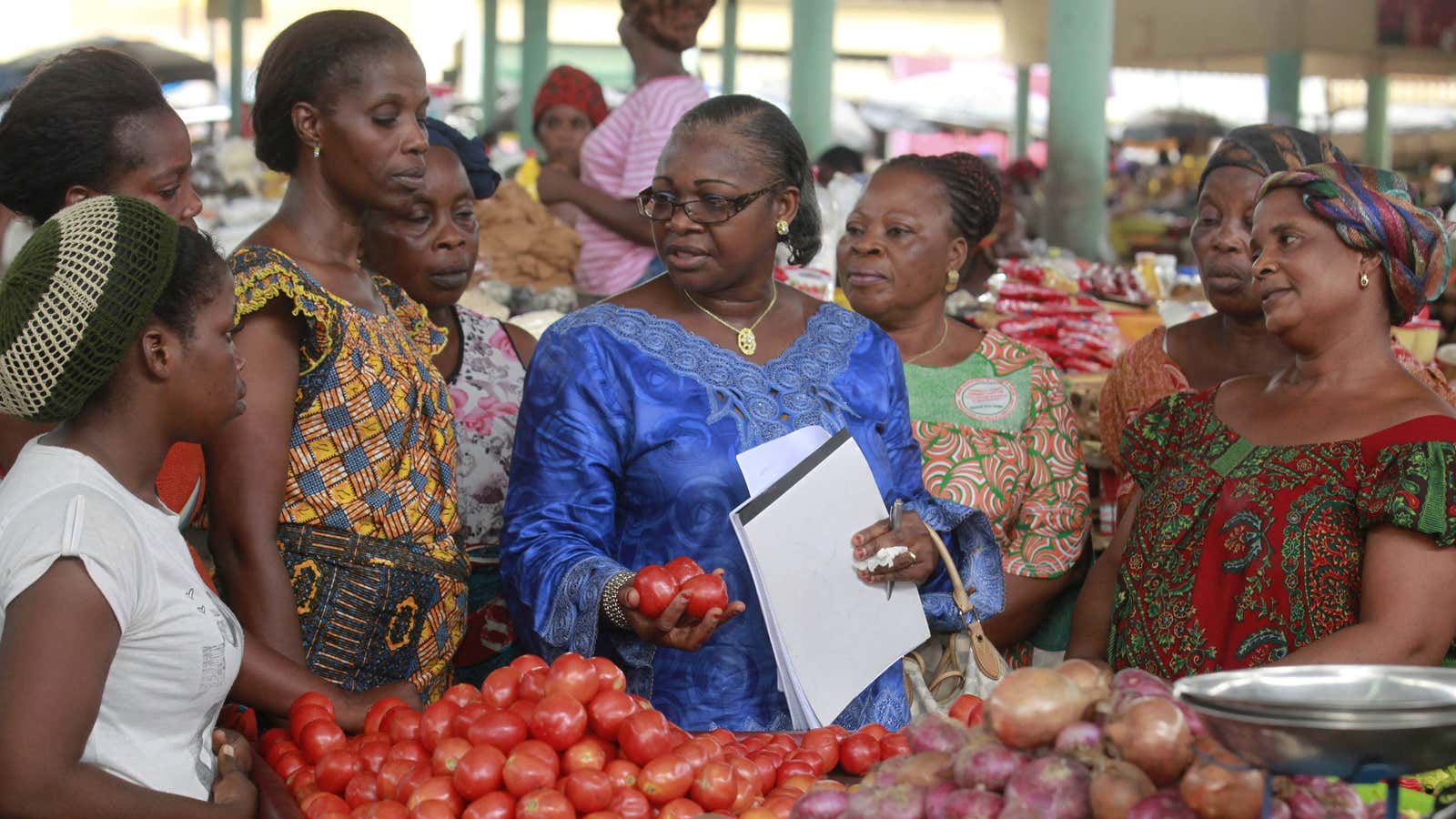It is no news that to transform Africa’s agriculture, women will have to be on an equal footing with men. The same also needs to happen away from the fields, in agricultural research institutions devoted to address challenges and provide solutions to farmers. Fewer women than men are trained and employed in agricultural sciences, critically undermining the role of women in policy and decision-making processes.
But as a new research paper published in the Journal of Gender, Agriculture, and Food Security shows, there finally could be some good news. Using data collated from 40 African countries, the paper shows that the gender gap in African agricultural research has continued to close since 2008. The total number of women researchers increased from less than 9,000 in the year 2000 to more than 15,000 in 2014—an average of 24%. Southern Africa nations especially scored high with Lesotho and Namibia coming close to scoring gender parity. Eritrea, Ethiopia, and Chad scored low on the list; none of the nine total researchers in Guinea Bissau were female as of 2011, the latest year for which data was available.
Nienke Beintema, the author of the study at the International Food Policy Research Institute, says hiring and promoting more African women improves the quality and competitiveness of research and innovation. This is especially critical in a continent where the majority of people derive their livelihood from agriculture, but where a lack of data, bad infrastructure, and poor policymaking hinder the industry’s full potential.
“Female researchers offer different insights from their male counterparts, and their input provides an important perspective in addressing the unique and pressing challenges of female farmers,” says Beintema.
